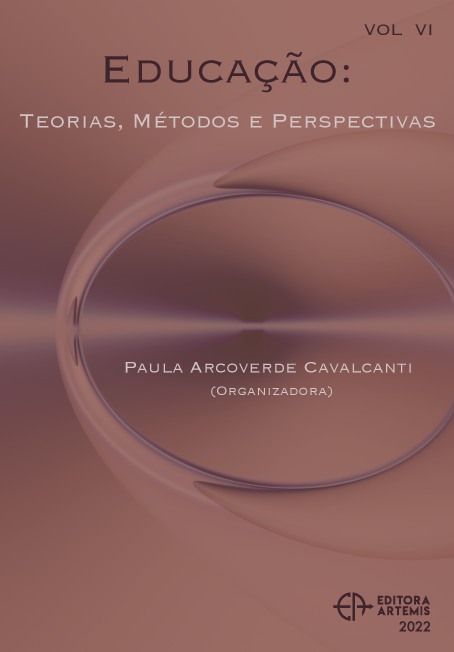
¿EL APRENDIZAJE SIGNIFICATIVO CONTRIBUYE AL DESARROLLO DE HABILIDADES COMUNICATIVAS EN NIÑOS ESPECIALES?
Durante los últimos años el Estado se ha preocupado por las personas con discapacidad al implementar una política inclusiva, que respeta la diferencia y no es indiferente con los estudiantes que teniendo todo tipo de discapacidades llegan a hacer parte indiscutible del sistema educativo de Colombia dado que el artículo 46 que aborda la integración con el Servicio Educativo señala que: “La educación para personas con limitaciones físicas, sensoriales, psíquicas, cognoscitivas, emocionales o con capacidades intelectuales excepcionales, es parte integrante del servicio público educativo. Los establecimientos educativos organizarán directamente o mediante convenio, acciones pedagógicas y terapéuticas que permitan el proceso de integración académica y social de dichos educandos”. (Ley 115, 1994).
¿EL APRENDIZAJE SIGNIFICATIVO CONTRIBUYE AL DESARROLLO DE HABILIDADES COMUNICATIVAS EN NIÑOS ESPECIALES?
-
DOI: 10.37572/EdArt_27052256910
-
Palavras-chave: Aprendizaje significativo, habilidades comunicativas y niños especiales.
-
Keywords: Keywords: meaningful learning, communication skills and special children.
-
Abstract:
In recent years, the State has been concerned about persons with disabilities by implementing an inclusive policy, which respects the difference and is not indifferent to students who have all kinds of disabilities become an indisputable part of the educational system of Colombia since article 46 dealing with integration with the Education Service states that: "Education for persons with physical, sensory, psychological, cognitive, emotional or exceptional intellectual abilities is an integral part of the public educational service. Educational establishments shall organize, either directly or by agreement, pedagogical and therapeutic activities enabling the process of the academic and social integration of such pupils. Therefore, students with certain limitations and disabilities with which they coexist in the classroom at no time should be discriminated against but instead should be supported hence they should be promoted through other pedagogical alternatives and strategies learning that become the means to strengthen teaching processes-learning, therefore the educational institutions according to article 47 on support and promotion points out that "In compliance with the provisions of articles 13 and 68 of the Political Constitution of Colombia and subject to national and territorial development plans and programmes, The State shall support institutions and promote programmes and experiences aimed at providing adequate educational care to persons.
-
Número de páginas: 10
- Willian Geovany Rodríguez Gutiérrez

